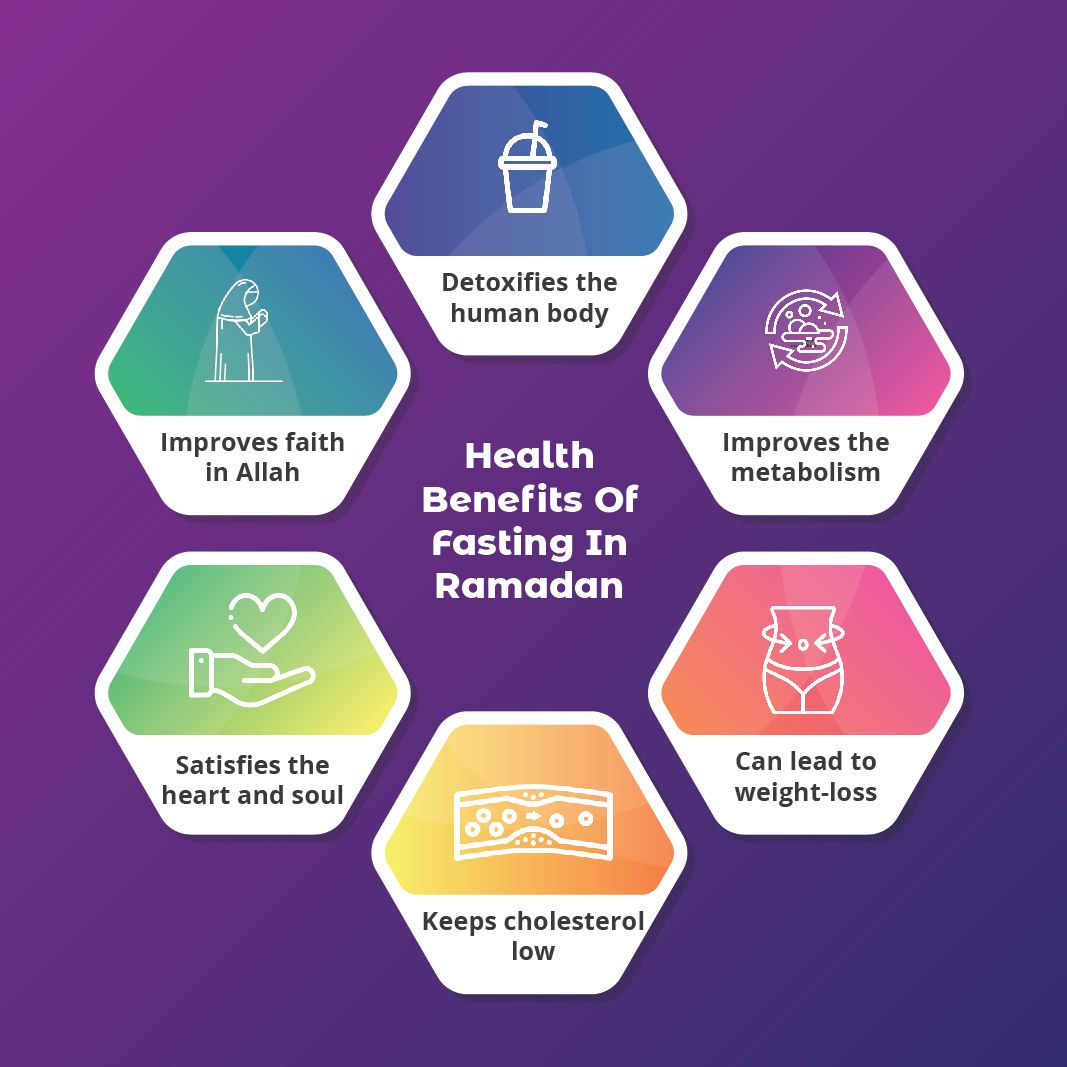Fasting is the willful refrainment from eating, smoking, sexual intercourse, drinking among others.
Several metabolic adjustments occur during fasting. Some diagnostic tests are used to determine a fasting state. For example, a person is assumed to be fasting once 8–12 hours have elapsed since the last meal.
- ‘Why tetanus is on the rise among pregnant women’
- Kaduna govt mum as bandits threaten to kill varsity students
Muslims refrain from eating, drinking and sex during the entire daytime for one month, which is Ramadan, every year.
During the holy month of Ramadan, which occurs on the ninth month of the lunar-based Islamic calendar, all Muslims are required to abstain from food and drinks from dawn to dusk for 29-30 days.
Fasting during Ramadan also means abstinence from all food or drinks, including water and chewing gum, from dawn to sunset.
Muslims believe that Ramadan teaches them to practice self-discipline, self-control, sacrifice and empathy for those who are less fortunate, thus encouraging actions of generosity and compulsory charity (zakat).
Fasting is also a practice that has been associated with a wide array of potential health benefits.
Experts have also found that restricting food intake during the day can help prevent health problems such as high cholesterol, heart disease and obesity, as well as improve mental health and wellbeing.
Fasting has become increasingly popular over the years, especially among the health communities. Some health benefits of fasting are:
Helps weight loss
Fasting can be a safe way to lose weight as many studies have shown that intermittent fasting – fasting that is controlled within a set number of hours – allows the body to burn through fat cells more effectively than just regular dieting.
According to some researchers, fasting for 10–16 hours can cause the body to turn its fat stores into energy, which releases ketones into the bloodstream. This in a nutshell encourages weight loss.
Prevents cancer
Intermittent fasting, especially “time-restricted feeding” or “prolonged nighttime fasting” has become very popular, and questions about its potential role in both cancer prevention and treatment have been raised.
Early evidence suggests that this strategy has the potential to improve the effectiveness of treatments and reduce side effects, but thus far, only a limited number of studies have been done.
With regard to breast cancer, there is evidence that prolonged nighttime fasting may lower the risk of recurrence, a risk we are learning can remain for decades after treatment.
Improves insulin sensitivity
Fasting has been shown to have a positive effect on insulin sensitivity, allowing you to tolerate carbohydrates (sugar) better than if you didn’t fast. A study showed that after periods of fasting, insulin becomes more effective in telling cells to take up glucose from blood
Speeds up the metabolism
Intermittent fasting gives your digestive system a rest, and this can energise your metabolism to burn through calories more efficiently. If your digestion is poor, this can affect your ability to metabolise food and burn fat.
Promotes longevity
Believe it or not, the less you eat the longer you will live. Studies have shown how the lifespan of people in certain cultures increased due to their diets.
One of the primary effects of ageing is a slower metabolism, the younger your body is, the faster and more efficient your metabolism. The less you eat, the less toll it takes on your digestive system.
Improves hunger
Just think about this, can you actually experience real hunger if you eat a meal every 3-4 hours? Of course you can’t. In fact, to experience the true nature of hunger, this would take anything from 12 to even 24 hours.
Fasting helps to regulate the hormones in your body so that you experience what true hunger is.
Think of fasting as a reset button: the longer you fast, the more your body can regulate itself to release the correct hormones, so that you can experience what real hunger is. Not to mention, when your hormones are working correctly, you get full quicker.
Improves eating patterns
Fasting can be a helpful practice for those who suffer from binge eating disorders, and for those who find it difficult to establish a correct eating pattern due to work and other priorities.
Improves your brain functions
Fasting has been shown to improve brain function because it boosts the production of a protein called brain-derived neurotrophic factor (BDNF.)
BDNF activates brain stem cells to convert into new neurons and triggers numerous other chemicals that promote neural health.
This protein also protects your brain cells from changes associated with Alzheimer’s and Parkinson’s disease.
Improves your immune system
Intermittent fasting improves the immune system because it reduces free radical damage, regulates inflammatory conditions in the body and starves off cancer cell formation.
Fasting contributes to self-enlightenment
Fasting has helped many people feel more connected to life during the practices of reading, meditation and yoga etc.
Fasting for self-enlightenment allows us to feel better both consciously and physically. With a lighter body and a clearer mind, we become more aware and grateful for the things around us.
Fasting helps clear the skin and prevent acne
Fasting can help clear the skin because with the body temporarily freed from digestion, it’s able to focus its regenerative energies on other systems.
Other mental and physical benefits of fasting are boosting cognitive performance, protecting one from obesity and associated chronic diseases, and reducing inflammation.
Others are improving overall fitness, and decreasing the risk of metabolic diseases.
So not eating anything for just one day has shown to help the body clean up toxins and regulate the functioning of other organs of the body like the liver, kidneys and other parts. It also reduces the effects of prolonged taking of alcohol, shisha, tramadol, marijuana and other hard drugs.
Gurama A. Gurama, a Pharmaceutical Microbiologist and Biotechnologist writes from Gombe State University, Gombe State

 Join Daily Trust WhatsApp Community For Quick Access To News and Happenings Around You.
Join Daily Trust WhatsApp Community For Quick Access To News and Happenings Around You.

